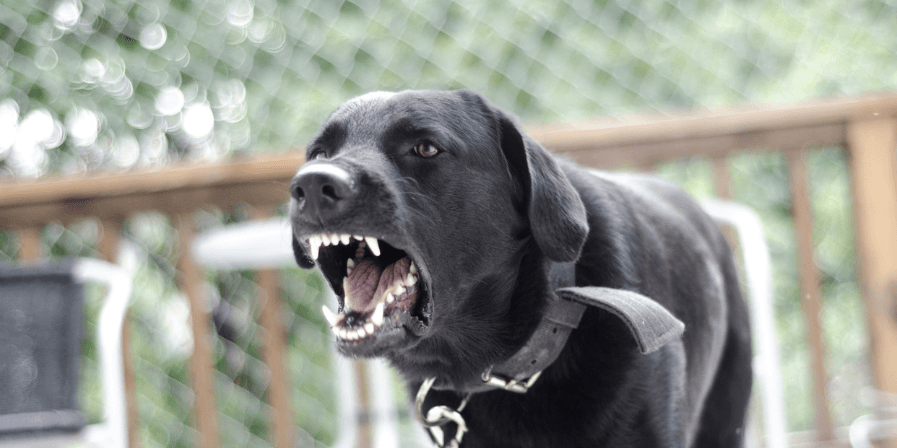Understanding Dog Anxiety: Signs, Solutions, and Support

Dogs, being incredibly perceptive animals, can experience anxiety just like humans. Recognizing and addressing these anxieties is crucial for their well-being. Here are some common signs that your dog might be struggling with anxiety:
Understanding Dog Anxiety: Signs, Solutions, and Support
Dogs, being incredibly perceptive animals, can experience anxiety just like humans. Recognizing and addressing these anxieties is crucial for their well-being. Here are some common signs that your dog might be struggling with anxiety:
Signs of Dog Anxiety:
- Excessive Vocalization: Unusual and persistent barking, whining, or howling.
- Restlessness or Pacing: Constant movement without a clear purpose, often accompanied by panting.
- Destructive Behavior: Chewing furniture, excessive digging, or scratching doors, especially when left alone.
- Avoidance or Hiding: Seeking seclusion or avoiding interaction with family members or other pets.
- Aggression: Reacting aggressively to certain situations, people, or other animals.
- Excessive Licking or Panting: Stress-related behaviors such as incessant licking, drooling, or heavy panting.
Suggested Solutions for Dog Anxiety:
Addressing dog anxiety involves creating a safe, comfortable environment and providing emotional support:
• Routine and Consistency: Establish a predictable routine for feeding, walking, and playtimes to provide a sense of security. • Safe Spaces: Offer a cozy den or a secluded area where your dog feels secure and can retreat. • Physical and Mental Stimulation: Regular exercise and mental stimulation through puzzles or interactive toys can reduce anxiety. • Behavioural Training: Positive reinforcement training to manage anxiety triggers and build confidence. • Professional Guidance: Consult a veterinarian or a certified animal behaviourist for personalized advice and guidance.
FAQs: Q: How can I help my dog during thunderstorms or fireworks? A: Creating a safe, indoor space and using calming aids like music or compression garments can help alleviate stress. Your vet can provide additional recommendations or medications if necessary.
Q: What role does a vet play in easing dog anxiety? A: Vets are pivotal in identifying, diagnosing, and managing dog anxiety. They provide behavioral advice, recommend suitable therapies (like pheromone diffusers or supplements), and, if necessary, prescribe medications to alleviate severe anxiety symptoms. Understanding your dog's anxiety and providing the necessary support is crucial for their mental and physical well-being. Collaborating with a veterinarian ensures a holistic approach in addressing and managing your dog's anxiety for a happier, calmer companion.


 How can we help?
How can we help?